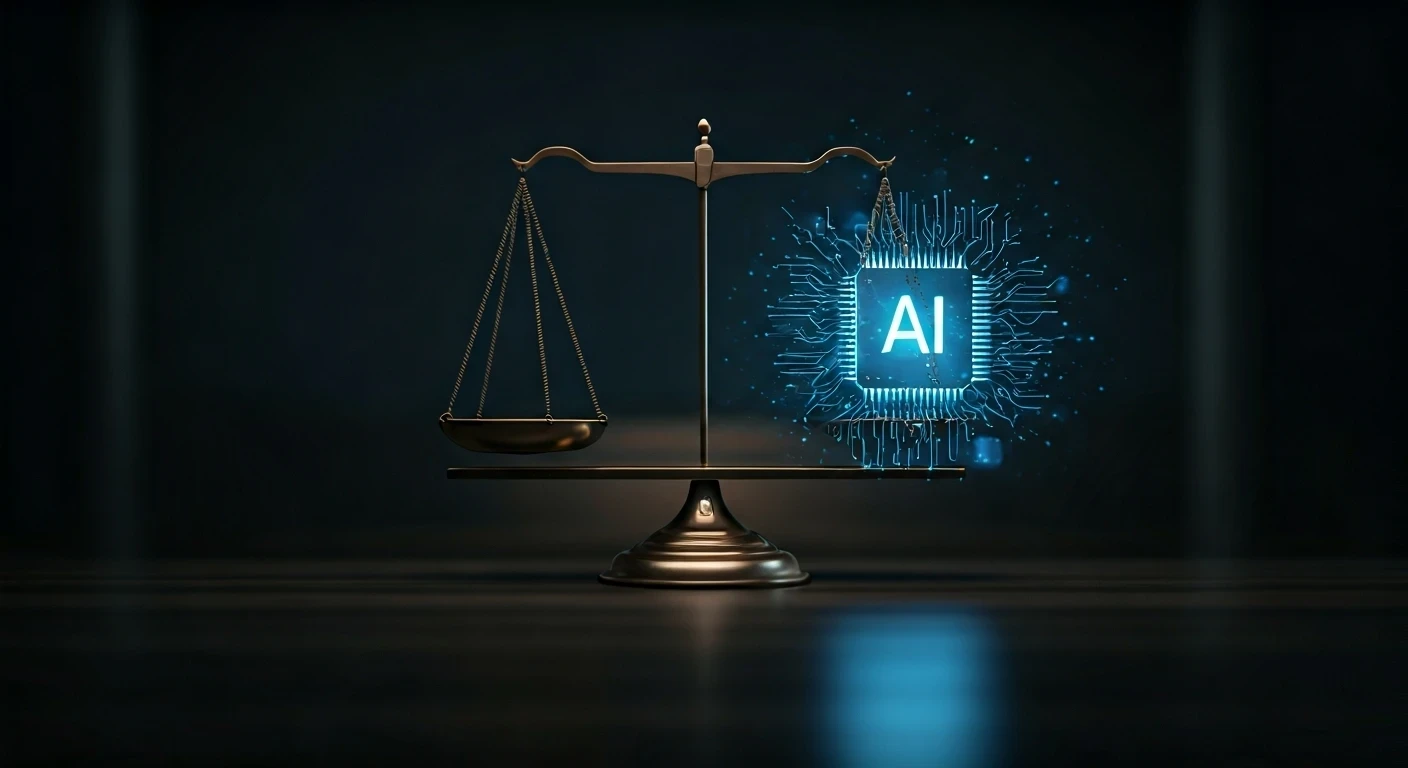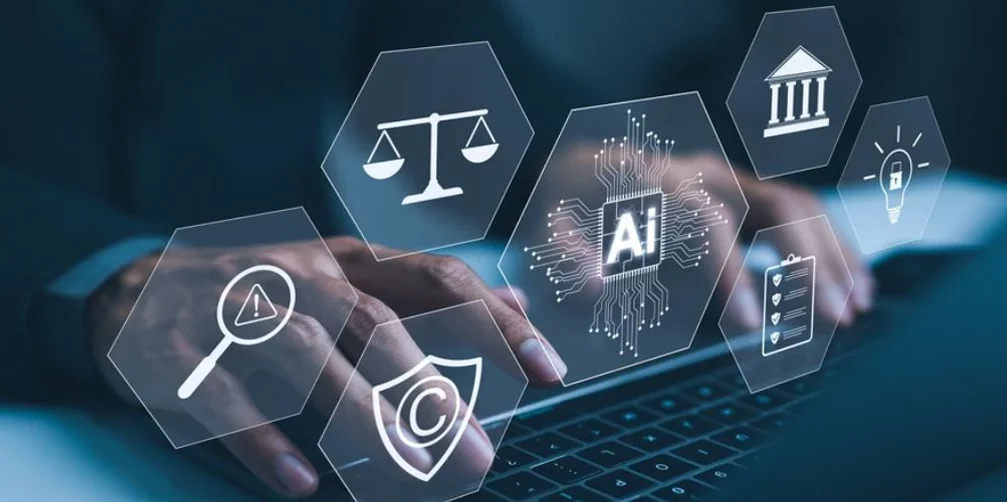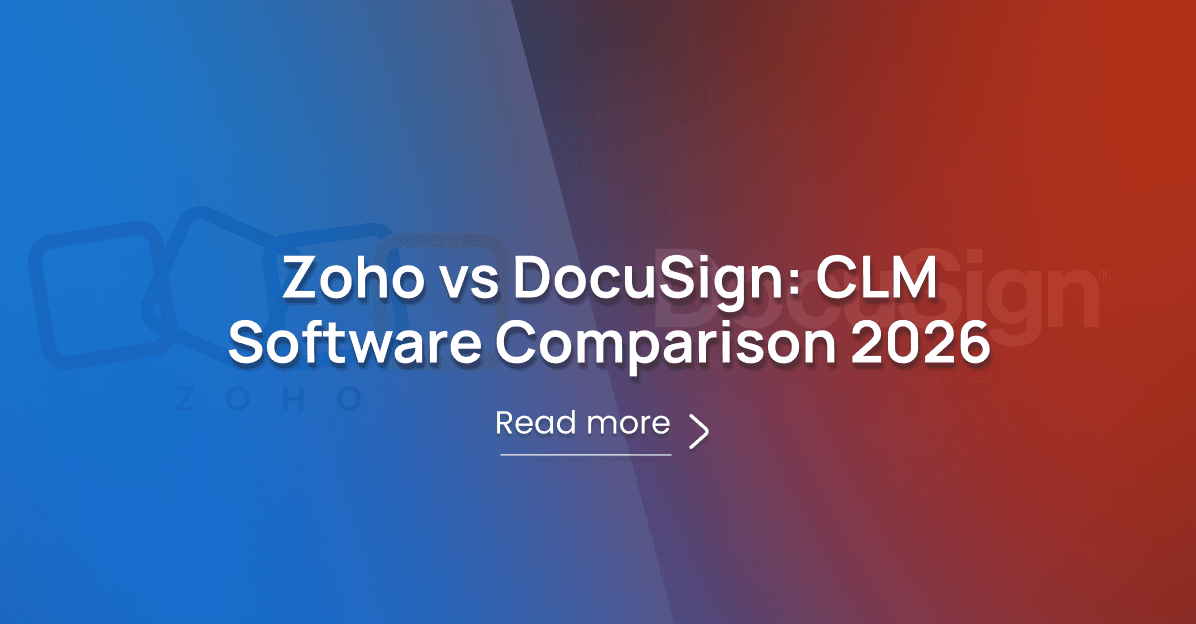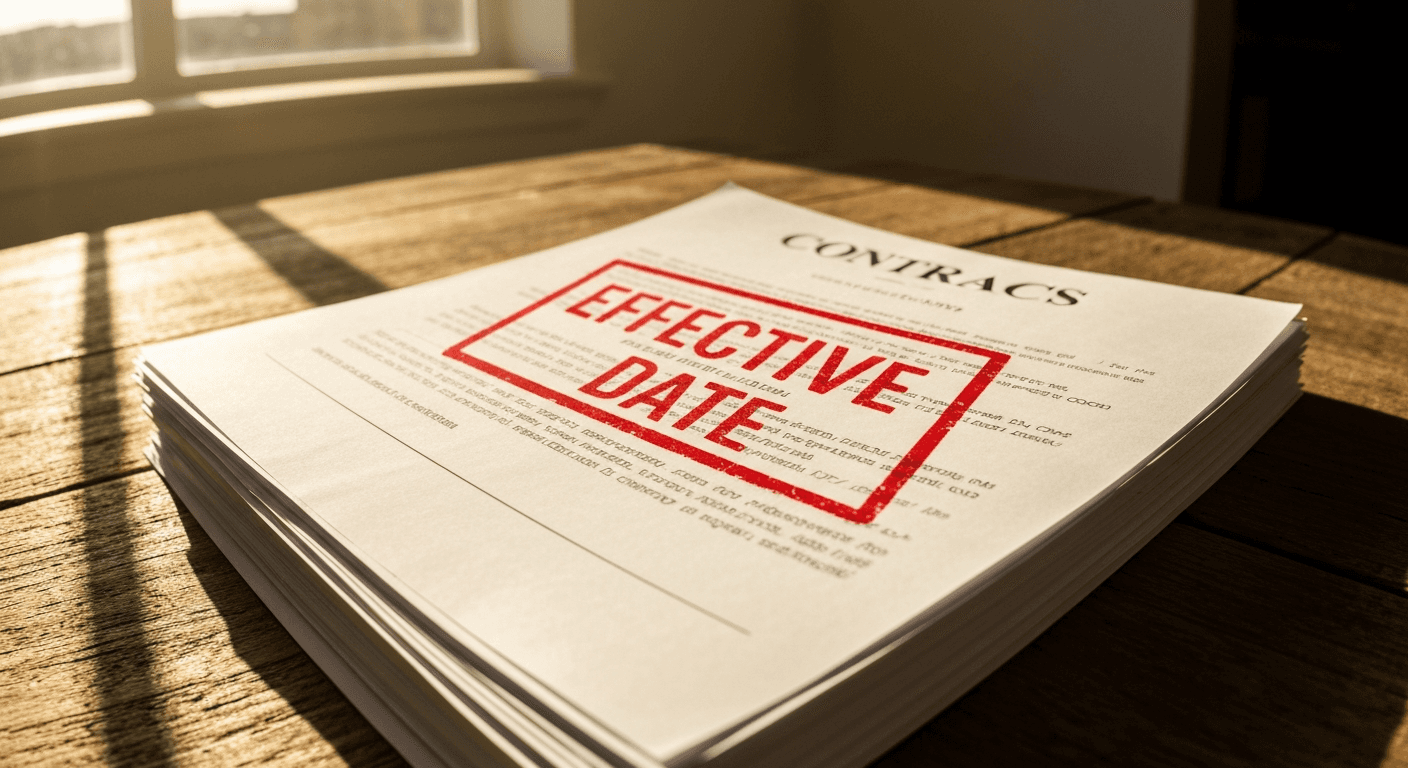Vansh Bhatnagar
Jul 29, 2025

Key Highlights
Artificial intelligence (AI) is revolutionizing legal research and legal services, enabling law firms to deliver faster and more accurate results.
Smart contracts and blockchain technology are streamlining contract management, enhancing efficiency and reducing errors in legal documents.
AI tools are transforming traditional legal work by automating routine tasks such as document review, e-discovery, and legal research.
Emerging technologies like AR/VR are reshaping courtroom presentations and legal visualization.
Law firms are adopting generative AI and proprietary tools to cater to firm-specific needs while addressing ethical use, data privacy, and AI governance.
This transformation demonstrates how AI can optimize legal practice while maintaining professional and ethical standards.
Introduction
The use of artificial intelligence is changing how lawyers and law firms do legal research, offer legal services, and handle their legal practice. More of them are turning to AI to make their work faster and easier. They can use it to do routine tasks and try out new technology like smart contracts or virtual reality. When legal professionals add AI to what they do, they not only save time but also give better legal assistance. This blog looks at the big changes that artificial intelligence is bringing to the legal industry and the new ways it can be used.
Ways to Use AI in Law: Smart Contracts and Emerging Technologies

The legal industry is now starting a new chapter, with the use of AI changing the way legal professionals do their work. With the use of AI, people in the legal industry can look at cases in new ways and draft legal documents that are more accurate. This is helping with new ways to work in law. Smart contracts and blockchain-based methods are also making legal agreements safer. They help people trust these agreements more and cut down on mistakes made by hand.
At this time, new technology like AR and VR is bringing different ways to share information in court. It also helps show data in simple and clear ways. Now, let’s take a closer look at how these AI tools are used in the legal industry.
1. Leveraging Predictive Analytics for Case Outcomes
Predictive analytics is changing the way lawyers do their legal work. This tool uses AI to look at old case law and guess what might happen in new cases. It helps legal professionals figure out which steps may work best. When you look at past rulings, you can see trends. This can make a big difference in how you plan for a case.
For example, lawyers can check for patterns in cases like theirs. They look at which courts and which judges have handled them and see how well things went. Doing this helps lawyers give better advice and helps clients know what risks there might be.
There is more to predictive analytics than just case prep. It saves time because it can do the data study part for you. That gives lawyers more time to work on better arguments. This tool helps legal practice by giving people in the field a way to work smarter and get better results, which can give them a real boost over others.
2. Automating Contract Lifecycle Management
Smart contracts that use AI are changing how people manage contracts. These AI tools help to do many tasks like writing, checking, and keeping contracts up to legal standards. You do not have to spend as much time going through each part by hand. Legal professionals now find it easy to catch problems in contracts, freeing up their time to do other important work.
For example, these AI-powered tools can look over contracts and find risky parts or old terms in just a few seconds. This makes sure your contract work keeps up with modern legal standards. The smart system helps you stay accurate and less likely to miss small but important details.
Using the integration of AI in contract management also helps people work better together. Smart contracts, which are agreements made and stored on a blockchain, automatically do what they promise when certain steps happen. This way, everything is open, fair, and clear to everyone involved, from start to finish. For law firms, managing a lot of documents becomes much better and easier.
3. Streamlining E-Discovery with AI Tools
E-discovery is an important part of legal work, but it can take a lot of time. Now, AI tools help by quickly finding the information that matters in large amounts of data. These tools can look through emails, contracts, and other legal documents using your own search rules.
Key features of AI in e-discovery include:
Advanced text analytics to find the right keywords and phrases.
Machine learning helps the tools improve as they work with more legal data.
Automated flagging of information that might be private or needs extra care.
By bringing these features together, AI makes document review faster and reduces mistakes. This means legal teams can put more time into building cases instead of looking for facts in a pile of documents. In today's legal context, AI-powered e-discovery makes handling legal documents simpler, quicker, and better than ever.
4. Enhancing Legal Research through AI-Powered Platforms
AI-powered platforms have changed the way legal research is done. They use natural language processing with big legal databases. This helps you get the right legal information fast. Legal professionals now do not have to spend many hours going through case law or statutes by hand.
For example, tools like Westlaw Edge and LexisNexis offer features like predictive insight and the option to search by different regions or laws. These tools save you time and help you meet deadlines. You still get results that are both deep and trustworthy.
These platforms also work well with legal project management systems. You can put what you find right into cases, so everyone on the team can see it and keep up with what is going on. With the help of AI, legal professionals can give better advice to their clients. They can still offer careful analysis, just with less work.
5. Implementing Smart Contracts on Blockchain
Smart contracts on blockchain are changing the way legal documents work. These digital contracts do what they are set to do once the rules are met. This makes them safe and clear for everyone. Here is a quick look:
Aspect | Blockchain Smart Contracts |
|---|---|
Execution | Happens on its own when the set rules are met |
Transparency | Cannot be changed, and everyone involved can see it |
Error Mitigation | Cuts down on mistakes people might make in contracts |
By using blockchain, people can stay away from problems that come from mixed-up wording or missed steps. This helps a lot in real estate and finance because both of these areas need things to be right.
Adding AI to blockchain contracts helps to look at past deals and keep legal documents in line. With this, smart contracts make for a new, sure way to handle legal needs today.
6. Legal Automation with AI for Due Diligence and Risk Assessment
AI is changing how law firms do due diligence and risk checks in the legal industry. With smart algorithms, AI can go through a huge number of legal documents and spot risks, problems, or parts that do not match.
For risk assessment, AI puts contracts into groups by how risky they are. It lets you know right away if there is a clause that needs quick attention. As you use it, machine learning means the system gets better every year. This gives law firms personalized help, so they can handle big client lists in less time.
AI-driven tools also make it faster to do due diligence in mergers and acquisitions. They quickly go over compliance and financial data. While human expertise is still needed for the bigger picture, these AI tools cut down on boring, time-consuming work. They help lawyers put their energy into important things, like making smart decisions.
7. Adopting Proprietary AI Tools for Firm-Specific Needs
Law firms now use special AI tools made just for them. These tools are built to fit the needs of each firm. The tools help handle things like legal project management and data analytics. The main features are:
Custom workflow integration, so the AI fits with firm-wide protocols.
Scalable solutions, so it can handle cases of different complexity.
Extra data security, which helps keep client information safe.
For those who offer a range of legal services, these special tools are a big help. They let people work together more easily, but still follow the rules each firm uses. By choosing these custom AI tools, law firms can work better and make clients happy.
Navigating Legal Ethics and Governance in AI Adoption

The use of AI in law brings up some big questions about ethics. It is important for law firms to make sure there is clear information and fair practices when they use AI. Both rules and ethical guidelines should guide how people use AI, so that it matches a lawyer’s duty to their clients.
Strong rules help legal teams deal with possible bias. They help keep client data safe. These rules also help find the right balance between getting work done faster and staying honest. Let’s look at ways to keep things fair with AI. We also need to know how good decision-making helps law firms keep public trust when they use AI-driven services.
Addressing Bias and Fairness in AI Legal Systems
Bias and fairness in AI are big problems in the legal industry. If AI systems use wrong or one-sided data, they can make the same mistakes over and over again. This could, without meaning to, change how case results turn out. Legal professionals must use strong ethical rules to stop this from happening.
Making sure there is fairness in AI for legal work means that people need to be clear about how they make data sets and how they build algorithms. Law firms have to check their AI systems often. This helps to find any unfair or one-sided patterns and keep people safe from bad results.
Also, the ethical use of AI means knowing what it can and can’t do. AI can help with legal tasks in a fast and easy way, but people need to keep watching over it. Each step of using AI for law, from legal tasks to the big use of AI in the legal industry, should be guided by basic ideas of fairness, care, and being right for the job. Human oversight is always needed during AI adoption to keep good standards in the legal context.
Establishing Responsible AI Governance Models for Law Firms
Responsible AI governance is very important for law firms that want to use advanced technologies. When law firms use frameworks to make sure everything is clear and everyone has to answer for their actions, they can stop possible misuse and win people’s trust.
Key parts of strong AI governance include:
Having regular audits to check all AI systems for any mistakes and biases.
Making rules for ethical use to keep things fair for client representation.
Teaching legal professionals about what AI can and cannot do.
These models give law firms control to make sure all their AI work follows legal and ethical rules. Good governance also helps law firms answer questions both from inside the firm and from clients. It gives a clear way to manage AI innovation.
Related Article: Understanding Contract Milestone: Key to Project Success
Cybersecurity and Data Privacy in Legal AI Applications

As more law firms use AI software, strong cybersecurity and data privacy steps are more important than ever. The protection of sensitive client data within AI adoption is key. This is needed to keep trust. When you manage data the right way, you help AI adoption match legal standards and help guard against breaches.
Cybersecurity rules need to change as AI brings new types of contract risks. Good steps make sure the law firm stays in line with privacy rules. They also help AI systems work well in the legal context. The next sections will talk about ways to reach these goals.
Protecting Sensitive Client Data in AI Workflows
AI workflows can help law firms handle a lot of client data. But this can lead to confidentiality concerns. Lawyers must make sure that their clients' private information stays safe when they use these tools.
Some ways to keep data safe are to store it in places where the data is encrypted and to have strong ways to control who gets access. It is also important to check if AI tools have good privacy features to stop people from getting or using data without permission. Good rules about using AI say the client data must stay private the whole time it is used.
It is very important for law firms and AI developers to work together. Firms need to push for AI options that follow all the right data laws. They should also keep looking at their cybersecurity plans to keep up with new risks. If they take these steps, lawyers can use AI and still keep their clients’ trust.
Ensuring Compliance with India Data Protection Laws
India’s data protection framework, anchored by the IT Act, 2000, and SPDI Rules, is strengthened by the Digital Personal Data Protection Act, 2023. Legal professionals using AI must adopt privacy-by-design, starting with data mapping to track personal data, classify sensitivity, and apply safeguards like tokenization and access controls.
Equally important is maintaining transparent client communications: explain how AI tools process data, secure explicit consent where needed, and offer an easy path for data subjects to exercise their rights. By embedding robust governance and fostering a culture of accountability, legal teams not only avoid fines and reputational risks but also demonstrate a commitment to protecting client confidentiality in an AI‑enabled world. Don’t forget to update your Privacy Policy and Compliance in softwares to reflect these practices.
Ensuring Compliance with U.S. Data Protection Laws
AI adoption in the legal profession must follow U.S. data protection laws, like the CCPA. If you work with global data, rules such as GDPR also apply. Law firms need to be careful to stay in line with these laws. When they do, it helps build client trust and helps keep the firm safe from legal trouble.
Laws for data privacy are always changing. Law firms and others in the legal profession need to keep up. As these laws get tougher, it will not be enough to just follow them. Law firms should also try to set higher standards than what the rules say. This makes sure that AI adoption is both legal and ethical. It shows the firm wants to do the right thing in how it uses new tech in the law.
Related Article: What is Contract Audit Summary? Best Practices & KPIs
Conclusion
To sum up, the integration of AI in the legal profession is bringing big changes. Lawyers can now be more effective and work faster. From using predictive analytics to setting up smart contracts, these new tools help law firms make legal work easier and more accurate. As you deal with these updates, you must watch out for things such as ethics, rules, and cybersecurity.
When law firms use AI the right way, they can give better service and keep client data safe. Try to use these new changes in your practice so you stay up-to-date with the way the legal profession is moving. Think about how you can use these ideas to improve your legal work in the future. If you want help with using these new technologies, reach out for a consultation.
Frequently Asked Questions
What are the main benefits of using AI in legal practice?
AI helps the legal practice by taking care of routine tasks. It makes legal research faster and more accurate, so legal documents have fewer mistakes. This lets attorneys focus on more strategic work instead of spending time on simple jobs. The process helps law firms keep things efficient. In the end, clients save money, and law firms can give greater value in what they do.
Can smart contracts fully replace traditional legal agreements?
Smart contracts are very good at handling set rules in legal documents. They make some things faster. But these smart tools cannot take the place of old-style agreements. This is because they do not have human expertise. They also cannot deal with unclear parts in the way people can. So, there is still a need for traditional agreements to handle things that need judgment and care.
How do law firms manage ethical concerns with AI adoption?
Law firms follow strict AI rules to make sure the use of new technology stays fair and honest. They work to use AI in a way that puts ethical use first. This means being open about how AI works, doing regular checks, and making sure everything these tools do matches what lawyers should do. When law firms use AI adoption in this way, they keep good standards and protect the people they work for.
What emerging technologies should lawyers watch in the next five years?
Legal professionals need to keep an eye on things like generative AI, smart contracts, and AR/VR tools. These new ideas will change the way people work in law firms and affect the practice of law. They will help law firms work faster and better, and also give new ways to see and use information. Law students will have to learn about these tools because they are becoming a big part of what law is now.
About the Company

Volody AI CLM is an Agentic AI-powered Contract Lifecycle Management platform designed to eliminate manual contracting tasks, automate complex workflows, and deliver actionable insights. As a one-stop shop for all contract activities, it covers drafting, collaboration, negotiation, approvals, e-signature, compliance tracking, and renewals. Built with enterprise-grade security and no-code configuration, it meets the needs of the most complex global organizations. Volody AI CLM also includes AI-driven contract review and risk analysis, helping teams detect issues early and optimize terms. Trusted by Fortune 500 companies, high-growth startups, and government entities, it transforms contracts into strategic, data-driven business assets.






